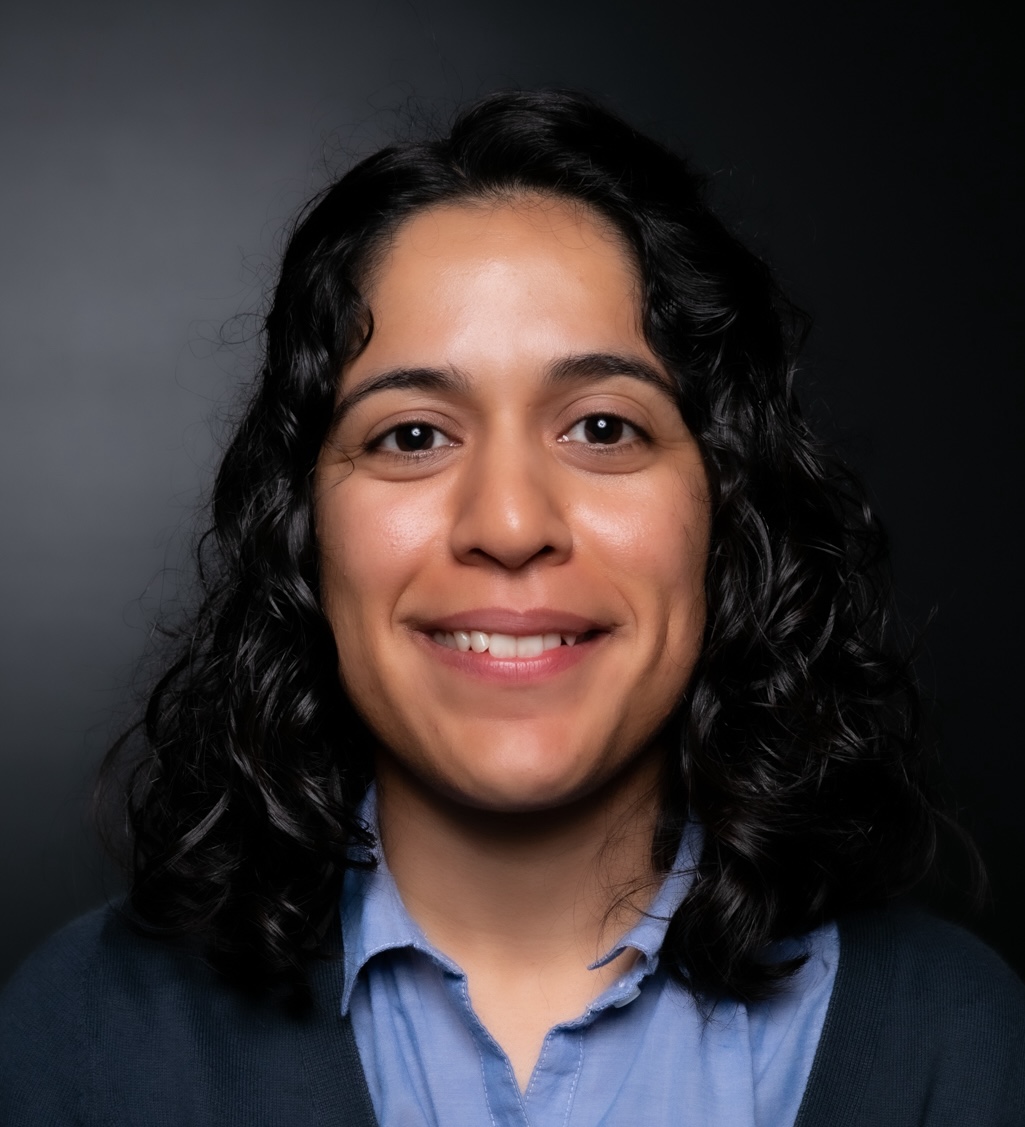Felicia Davatolhagh is a postdoctoral researcher at the University of California, Los Angeles in Anne Churchland’s lab, where she studies how cortical circuits are altered during decision-making in a genetic mouse model of autism. She also serves as a member of the neurobiology department’s Justice, Diversity and Inclusion (JEDI) group.

Felicia Davatolhagh
Postdoctoral researcher
University of California, Los Angeles
From this contributor
Women are systematically under-cited in neuroscience. New tools can change that.
An omitted citation in a high-profile paper led us to examine our own practices and to help others adopt tools that promote citation diversity.

Women are systematically under-cited in neuroscience. New tools can change that.
Explore more from The Transmitter
Astrocytes orchestrate oxytocin’s social effects in mice
The cells amplify oxytocin—and may be responsible for sex differences in social behavior, two preprints find.

Astrocytes orchestrate oxytocin’s social effects in mice
The cells amplify oxytocin—and may be responsible for sex differences in social behavior, two preprints find.
Neuro’s ark: Spying on the secret sensory world of ticks
Carola Städele, a self-proclaimed “tick magnet,” studies the arachnids’ sensory neurobiology—in other words, how these tiny parasites zero in on their next meal.

Neuro’s ark: Spying on the secret sensory world of ticks
Carola Städele, a self-proclaimed “tick magnet,” studies the arachnids’ sensory neurobiology—in other words, how these tiny parasites zero in on their next meal.
Autism in old age, and more
Here is a roundup of autism-related news and research spotted around the web for the week of 2 March.

Autism in old age, and more
Here is a roundup of autism-related news and research spotted around the web for the week of 2 March.